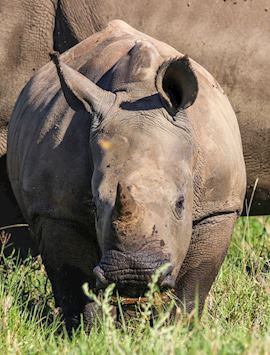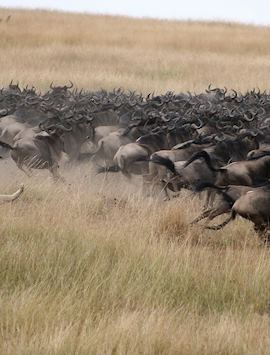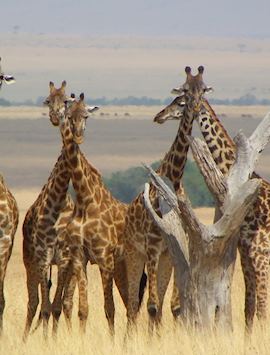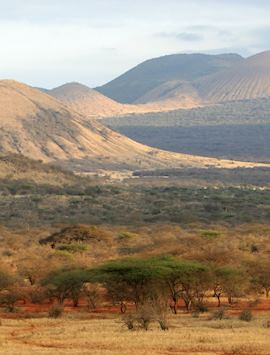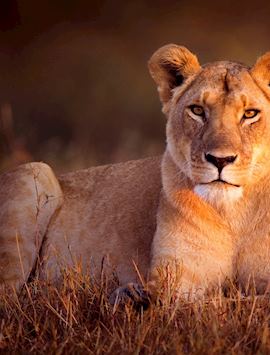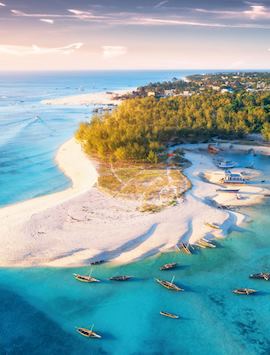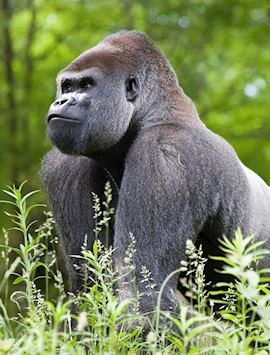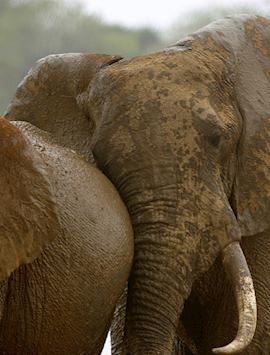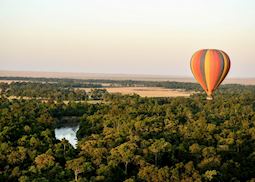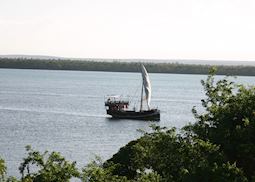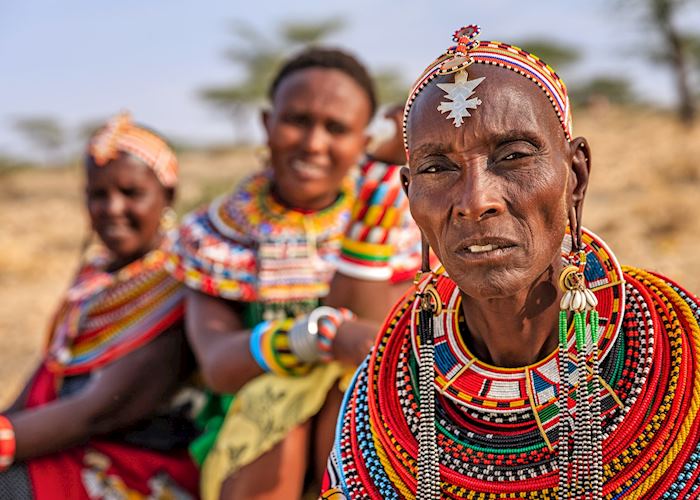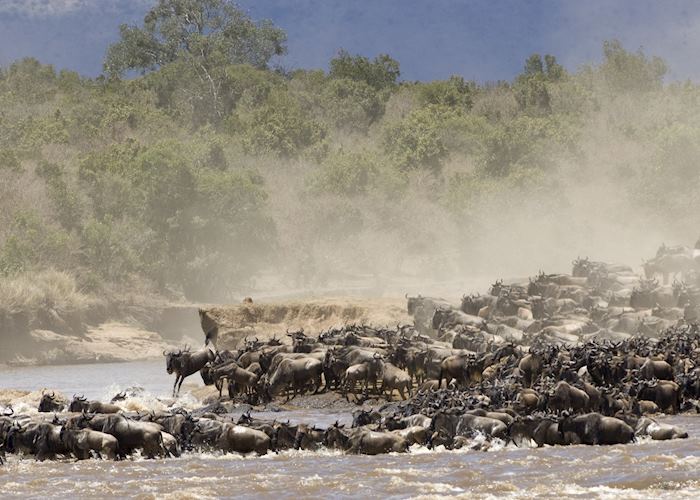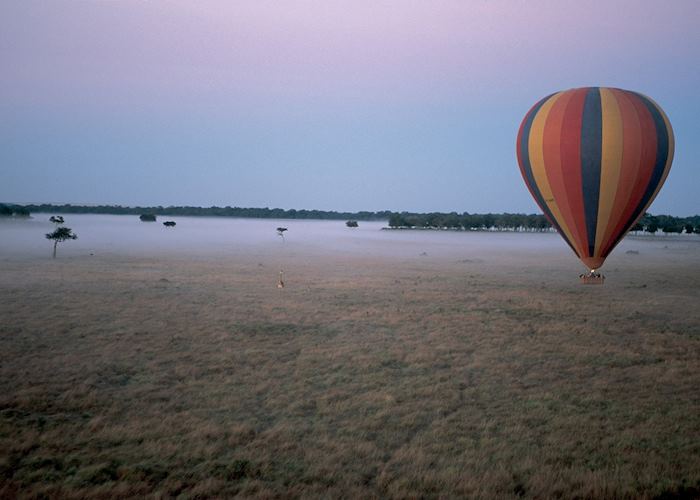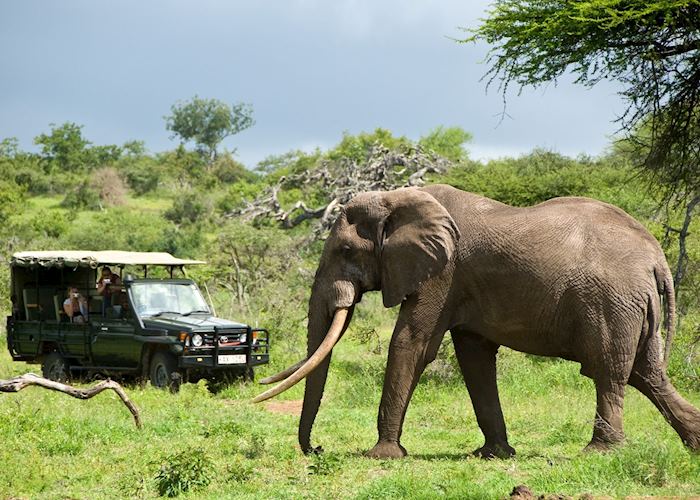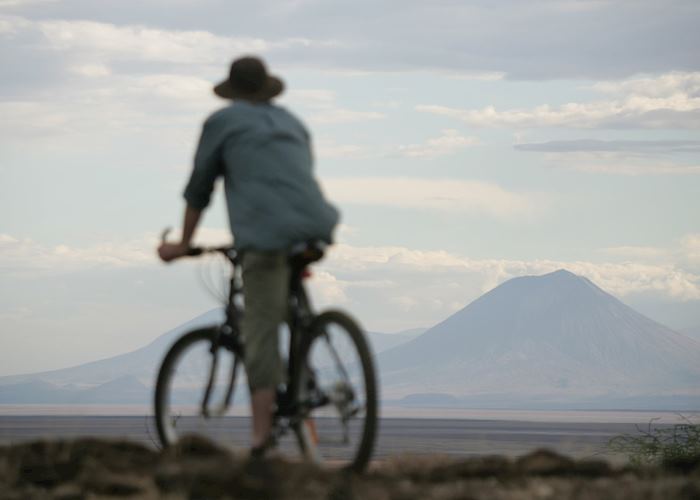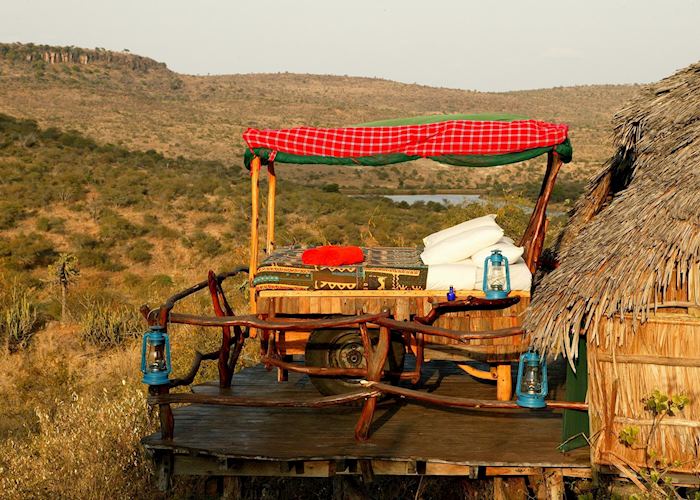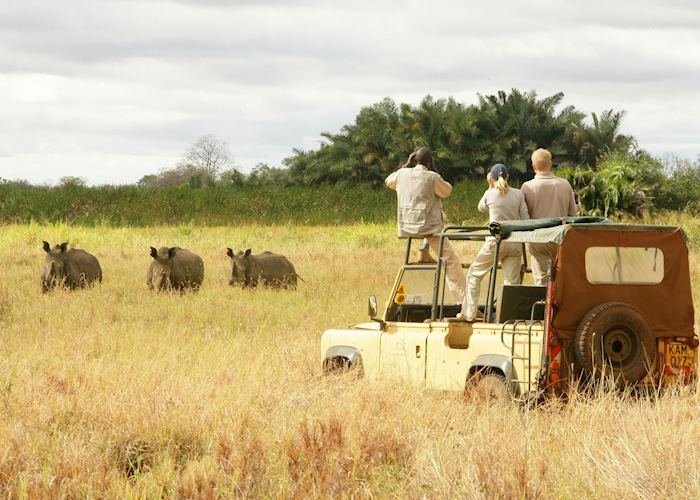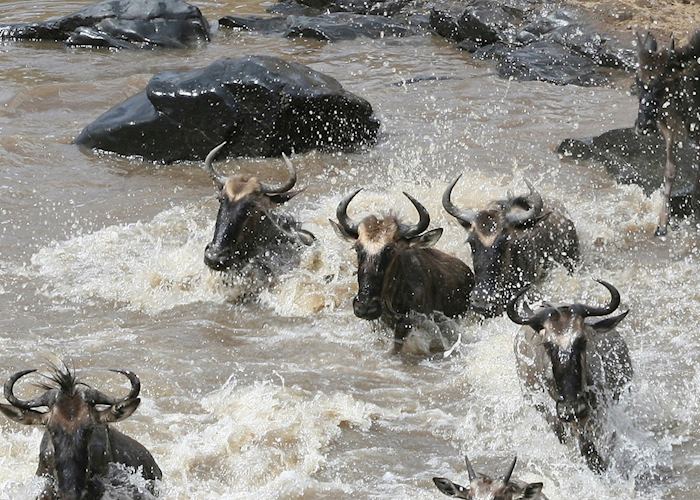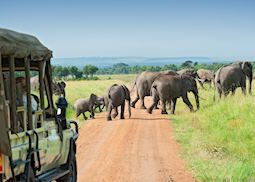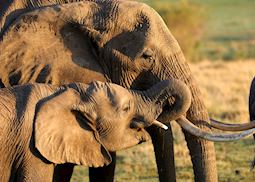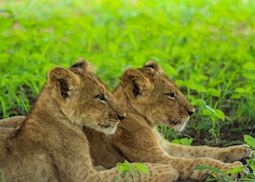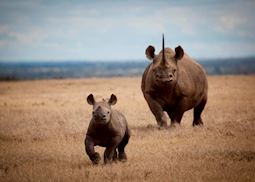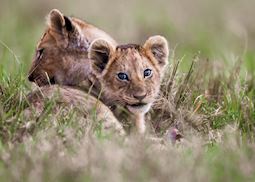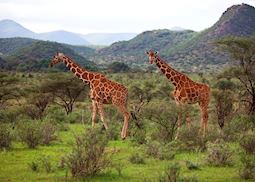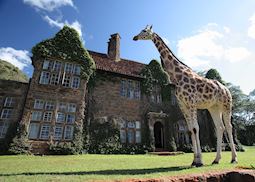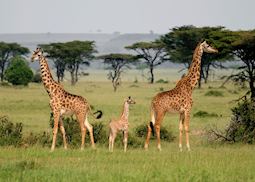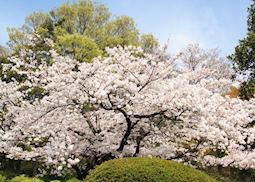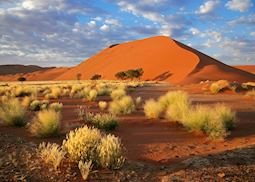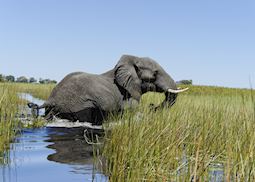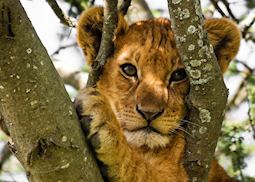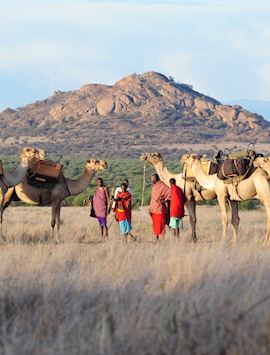
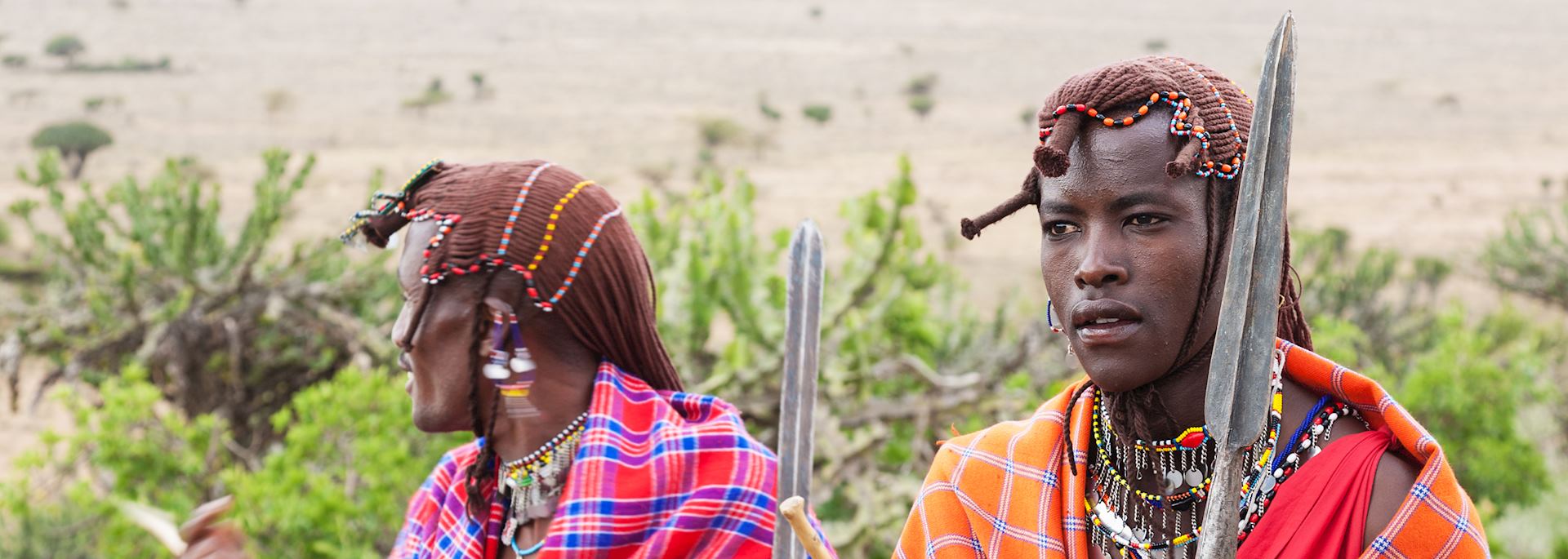
Tailor-made Kenya vacations shaped around your passions
Open grasslands dotted with wildebeest and antelope, acacia trees providing shady retreats for leopard, and vast salt lakes speckled pink by wading flamingos: Kenya is everything you’d imagine a safari destination to be. Our specialists have explored each of the country’s parks and reserves, and they can use their first-hand knowledge to help plan your ideal trip.
The drama of the Great Migration unfolds each year in the Masai Mara, where spotting members of the Big Five becomes second nature. Away from the well-trodden safari tracks is the remote Laikipia Plateau, where endangered species such as Grévy’s zebra and wild dog roam, and the sun-baked Samburu National Reserve, where elephant cool off in the Ewaso Ng’iro River. A vacation to Kenya also presents the opportunity to learn about local Maasai culture and spend time relaxing on the palm-fringed, white-sand beaches of the country’s long stretch of coastline.
Suggested tours for Kenya
From gorilla trekking in Volcanoes National Park, to having breakfast with a giraffe in Nairobi, or exploring Meru National Park in search of the Big Five — our specialists will plan a trip to Kenya that will help you make the most out of your time in the country.
Suggested activities for Kenya
Take in the magnificent views with a hot air balloon ride over the Masai Mara, or go in search of dolphins aboard a traditional dhow, we'll make sure the experiences you have in Kenya match your interests and stay with you long after you return home.
-
Hot Air Balloon Flight ![Hot Air Balloon over the Masai Mara]()
Hot Air Balloon Flight
Masai Mara National ReserveHot Air Balloon Flight
Watch out for the giraffe hiding in the trees, antelope on the plains and roosting birds. As the sun comes up the views are superb — one of the most beautiful sights in Africa.
View details -
Dhow & Dolphin Cruising ![View from Dar Mida, Watamu]()
Dhow & Dolphin Cruising
WatamuDhow & Dolphin Cruising
Take a leisurely sunset cruise aboard a traditional dhow or a dolphin cruise out into the Watamu Marine National Park.
View details
More choice for your safari
- Inspiration across all our African destinations
- Trip suggestions based on your interests
- Advice on where to safari, when
- Meet our team of safari experts
Best time to visit
Our specialists advise on the best months to visit Kenya, including information about climate, events and festivals.
Request our brochure
Covering all seven continents, The World Your Way shows you how you can see the world with us. It features trip ideas from our specialists alongside hand-picked stays and experiences, and introduces our approach to creating meaningful travel experiences.

Useful information for planning your vacation in Kenya
The official languages of Kenya are English and Kiswahili (also known as Swahili), but there are also various Indigenous languages spoken throughout the country. You’ll find almost everyone working in hotels, lodges, camps, upmarket restaurants, and in popular visitor destinations speaks some English.
The currency of Kenya is the Kenyan shilling (Ksh or KES). Camps and lodges accept payment and tips in US dollars, and some restaurants and shops in popular destinations will also take payments in dollars. ATMs are found in all cities and many larger towns, but as you’ll most likely be spending most of your time on safari where ATMs aren’t as accessible, we recommend bringing US dollars with you, separated into several packages and in smaller denominations. Credit cards are accepted at some of the major hotels.
In Kenya, lodges and camps generally serve an international menu with some local dishes. You may come across foods such as matoke (green bananas stewed with tomato and spices), nyama choma (grilled meat), and mandazi (a sweet coconut and cardamom pastry).
You’ll find excellent Kenyan coffee served in camps and lodges, but most Kenyans drink chai (a sweet, milky tea). The fruit juice is fresh and delicious, while East African beers and South African wines are the most popular.
For the latest travel advice for Kenya, including entry requirements, health information, and the safety and security situation, please refer to the State Department website.
Spotting the Big Five, witnessing the Great Migration, and relaxing along the Indian Ocean coast are all highlights of a trip to Kenya. With abundant wildlife and a choice of vast national parks, Maasai-owned conservancies, and lesser-known reserves, the wildlife-spotting opportunities in Kenya are the reason for most trips.
You can track leopard on open grassland, see vast salt lakes dotted with flamingos, or learn about Maasai culture in a local village. From guided drives to walking safaris, and hot air balloon rides, there are numerous ways to observe Kenya’s prolific wildlife before relaxing on palm-fringed beaches where turquoise waters lap white sands.
From luxurious lodges to tented camps and stylish beachside retreats, Kenya offers some of the most varied places to stay in Africa. You can immerse yourself in nature at a luxury tented camp in the Masai Mara, sleep in a historic manor where curious giraffe join you at breakfast, or opt for a thatched lava-stone cottage in the Great Rift Valley.
Our collection of places to stay in Kenya includes everything from simple lodges that get you close to migrating wildlife to indulgent retreats where style and comfort are just as important as the incredible wildlife outside.
In Kenya, most visitors make their way to Masai Mara National Reserve and the private, Maasai-owned conservancies that border it, but you might also want to consider visiting Meru or Amboseli national parks, Samburu National Reserve, or the Laikipia Plateau. Each area has its own character, and visiting more than one park or reserve allows you to see different habitats and track different species, or spot more elusive wildlife such as leopard or wild dog.
Masai Mara National Reserve and the conservancies that border it live up to their reputation with millions of migratory wildebeest, zebra, and antelope, as well as plenty of lion, leopard, and hyena.
By contrast, the parched landscape of the remote Samburu National Reserve in the north sees elephant, buffalo, and reticulated giraffe gather around the Ewaso Ng’iro River, while the Laikipia Plateau is the place to see endangered species including Grévy’s zebra and wild dog.
You have a good chance of seeing lion, elephant, giraffe, hippo, buffalo, wildebeest, zebra, crocodiles, and hyena on a safari in Kenya. You might also see cheetah, leopard, wild dog, and possibly rhino. The Masai Mara is known for its lion and cheetah sightings, as well as the Great Migration between July and November. Although you’ll see elephant in all Kenya’s parks, the herds in Amboseli National Park are a highlight, while Meru National Park has huge herds of buffalo.
It takes between 17 and 20 hours to fly from the East Coast of the US to Kenya. From the West Coast, it takes between 21 and 26 hours.
The time zone in Kenya is UTC+3 hours. Daylight Savings Time isn’t observed in Kenya.
The best way of getting around in Kenya is to combine private car journeys with short trips on light aircrafts. In Nairobi, we can arrange for a private driver to take you between the sights, while the most efficient way to get to reserves and conservancies such as Lewa, Ol Pejeta, or the Masai Mara is to fly. It’s also possible to get between some places in Kenya by train, an efficient option that offers views of remote areas unseen by road.
US citizens do need a visa for travel to Kenya. You can apply online using Kenya’s electronic visa application system or speak to your specialist who can recommend an external visa service. Tourist visas are valid for 90 days from the date of issue.
Your doctor is best placed to provide you with vaccine advice for Kenya. You can also check the suggested vaccinations on the Centers for Disease Control and Prevention website. It’s also a good idea to ensure you’re up to date with the recommended vaccinations for your home country.
You may need to provide proof of yellow fever vaccination when entering Kenya from certain destinations. You can check a list of destinations deemed to be at risk of yellow fever in the CDC Yellow Book.
There’s a high risk of malaria in Kenya at altitudes below 2,500 m (8,202 ft). In the city of Nairobi and in the highlands above these altitudes, there’s a low risk of malaria. Visit your doctor to discuss antimalarial medication.
The best way to reduce your risk of catching malaria is to avoid mosquito bites. Wear long, loose clothing that covers your arms and legs, apply a repellent with 50% DEET to exposed skin, and use a mosquito net if sleeping in an unscreened room.
Passports must have two consecutive blank pages and be valid for six months beyond the date of return from your trip.
Kenya in pictures
Our expert guides to traveling in Kenya
Written by our specialists from the viewpoint of their own travels, these guides will help you decide on the shape of your own trip to Kenya. Aiming to inspire and inform, we share our recommendations for how to appreciate Kenya at its best.
-
Africa’s best safari areas ![Elephant crossing, Masai Mara]()
Africa’s best safari areas
Africa’s best safari areas
You’re spoiled for choice when it comes to picking an Africa safari destination, but where do you begin? Our safari specialists round up their best six wildlife areas on the continent to help you decide where to plan your next safari.
Read this guide -
Kenya safaris: the Masai Mara and beyond ![Elephant in the Masai Mara]()
Kenya safaris: the Masai Mara and beyond
Kenya safaris: the Masai Mara and beyond
With its vast open plains scattered with wildebeest, antelope and acacia trees, Kenya is the classic image of a safari. You can safari in well-known areas like the Masai Mara and venture off-grid, as safari specialist Arista explains.
Read this guide -
Kenya honeymoons ![Lion cubs]()
Kenya honeymoons
Kenya honeymoons
The adventure and romance of a Kenya safari, coupled with the outstanding camps and lodges on offer, appeals to many honeymooners. Africa specialist Mark outlines the best honeymoon experiences in the country, from sunrise hot air balloon rides to secluded beach relaxation.
Read this guide -
The Big Five in Kenya ![Rhino mother and calf, Laikipia]()
The Big Five in Kenya
The Big Five in Kenya
Home of the Masai Mara and Lewa Wilderness Conservancy, you'll have countless opportunities to spot the Big Five in Kenya. With a range of first-class lodges, you can embark on traditional game drives and walking safaris in search of these magnificent animals.
Read this guide -
Family safaris in Kenya ![Lion cubs in the Masai Mara]()
Family safaris in Kenya
Family safaris in Kenya
On a tailor-made family safari in Kenya, your children can learn about Maasai culture, the 'Little Five' and how to track animals. The country is home to some wonderful family-friendly camps and lodges which our country specialists can include in your family itinerary.
Read this guide -
Visiting Kenya in green season ![Giraffe in the Lekurruki Group Ranch, Kenya]()
Visiting Kenya in green season
Visiting Kenya in green season
Kenya’s green seasons take place during the ‘short rains’ in November, and either side of the ‘long rains’ that fall in April and May. In these months, you’ll see the bush at its most verdant and have the wildlife largely to yourself during a more cost-effective time to visit the country.
Read this guide -
Kenya luxury vacations ![Giraffe Manor, Nairobi]()
Kenya luxury vacations
Kenya luxury vacations
If you're planning a luxury vacation in Kenya we have a wide range of accommodations available, from sumptuous safari camps to exquisite beach retreats. Our Country Specialists have experienced these properties first-hand and are on hand to help you pick.
Read this guide
Other popular destinations
Still looking for ideas? If Kenya has captured your interest, we think you might also like these destinations.
